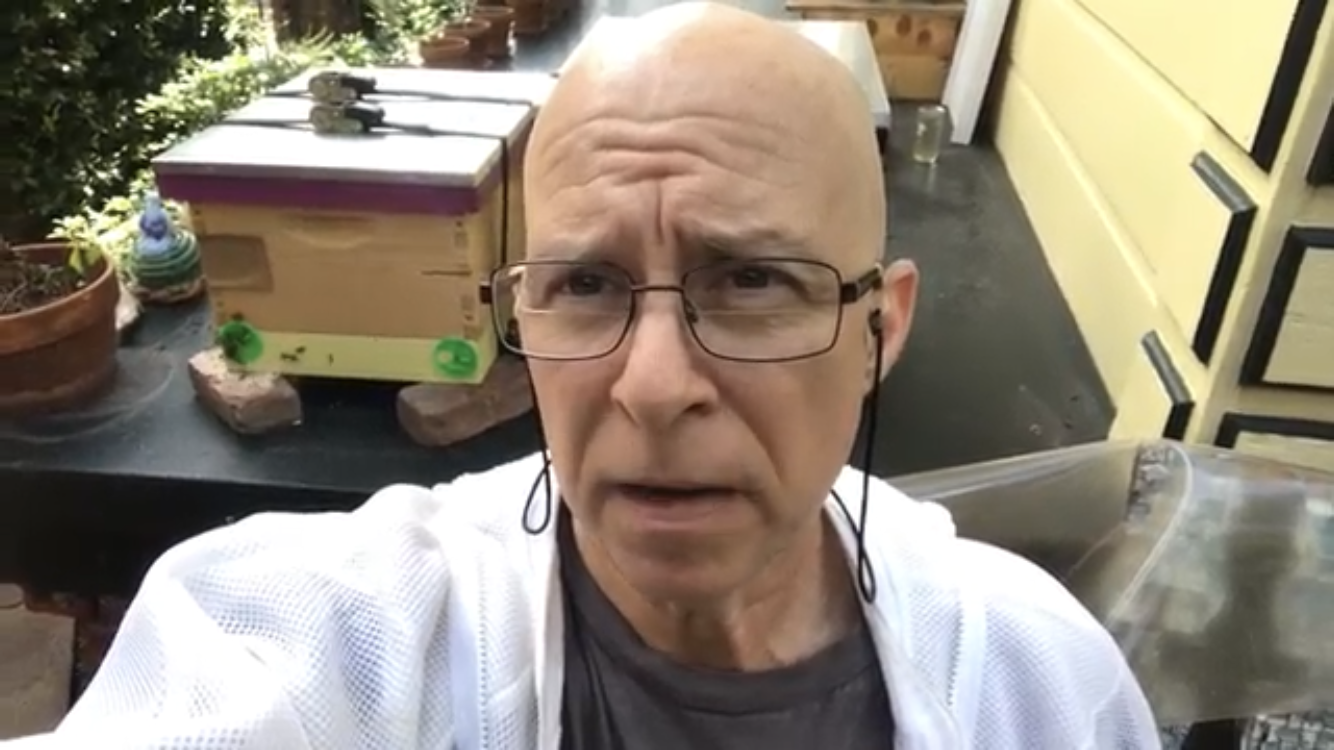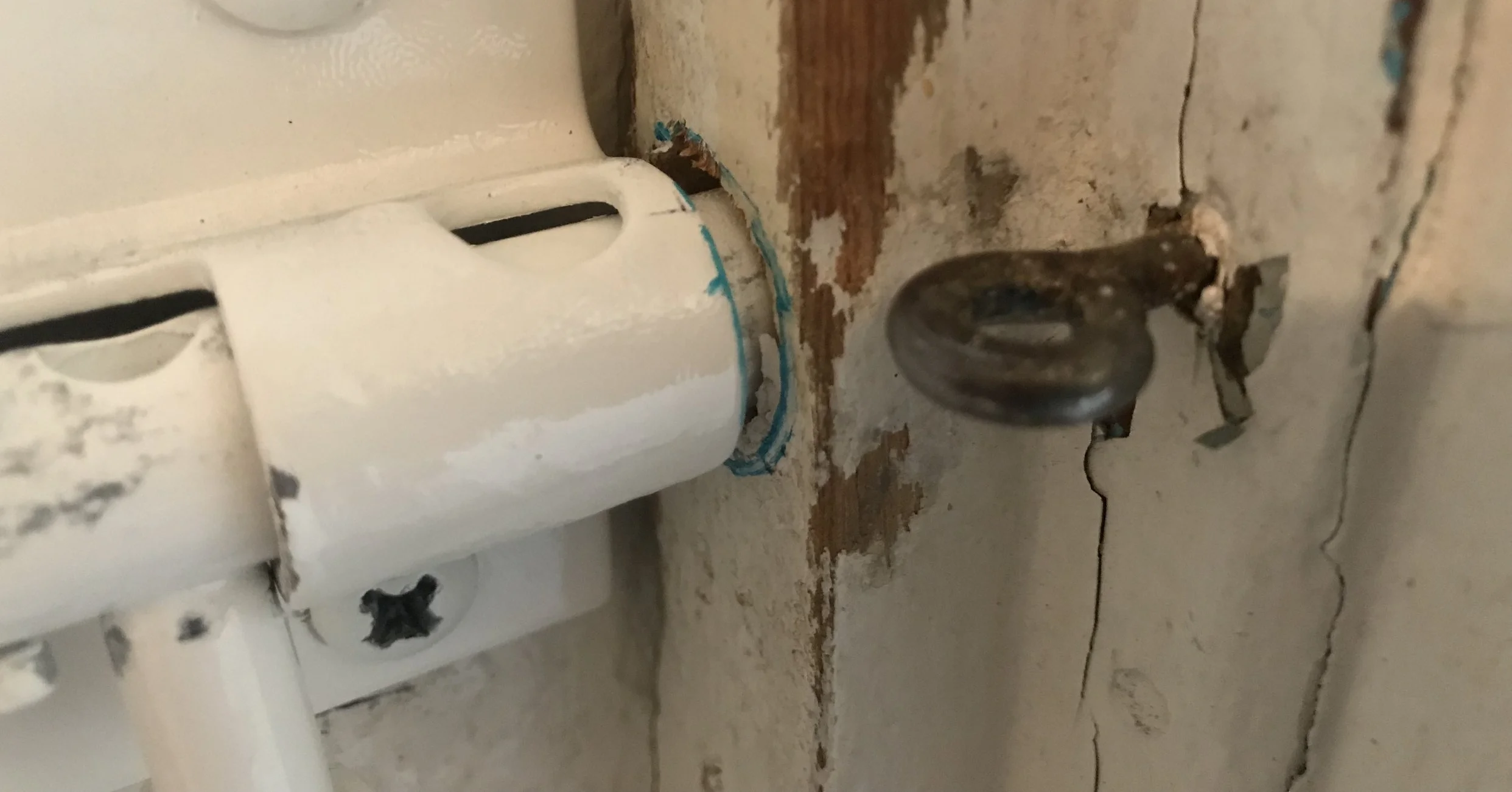"The smart way to keep people passive and obedient is to strictly limit the spectrum of acceptable opinion, but allow very lively debate within that spectrum - even encourage the more critical and dissident views. That gives people the sense that there's free thinking going on, while all the time the presuppositions of the system are being reinforced by the limits put on the range of the debate." -Noam Chomsky
My experience in academics mirrors Chomsky's comment. Let's review the limits of the debate around addiction. If someone wants to look at some data, they will need to fund a study or get a grant. To fund a study yourself you must be rich, and to get a grant you must please the granting agency with your request. The granting agency will have set up a referee panel to look at your submission. It will be made of the experts in the field, those who have excelled at the debate within the limits set. Should your request waiver outside the limits established, you will not get the grant.
So let's imagine you are rich and can fund your own study. You will write a paper on your data and submit it to a peer-reviewed journal. That journal will also have a referee panel of people who are experts in the system as it currently stands. Should your data point to a conclusion outside the limits of the debate, it will be deemed unpublishable.
Though my career started in academics, it has been a long time since I understood that no real progress could be made in treating addiction on that front. We could argue about which medication is better for this withdrawal syndrome or that one. We could argue about whether medication treatment or cognitive treatment was better for this drug syndrome or the other. We could even debate on whether you could have addiction to something that wasn't a drug. But we could not debate the essential nature of addiction or what causes it.
In academics; and in government, which gets its big hitters from academics; and in industry, which looks to academics for its credibility, we cannot wander across the line. Drugs cause addiction, the first use is voluntary, there are addictive substances and non-addictive substances, and the list of assumptions goes on and on.
We've been at this for 100 years. We've made no headway. The assumptions we have, those immutable "facts" that form the limits of debate, have led us to worse conditions than we had 100 years ago. Yet, our assumptions do not change. We never check ourselves.
What if addiction isn't caused by drugs? What if a certain part of the population is born with it. What if another set of people who aren't born with it get it from the conditions they live in? How would we prevent it then?
Well, making drugs illegal wouldn't help. It would actually suppress the data we'd need to see how we're doing in our other efforts. Those other efforts would include rapid and early detection of genetic cases and treatment aimed at normalizing function. Those afflicted because of the social situation of their lives would require a change in how we handle those situations. We won't change until we come to understand what those actions are that cause addiction biology in others and how we bring it about. But change can happen.
What keeps change from happening? There's a lot of money in the status quo. Billions, maybe trillions. Imagine how much your police department's budget would change if drugs weren't illegal and weren't a problem. Imagine all those academics who would have to study and talk about something else if addiction weren't a problem anymore. Imagine all those treatment centers that will need a new use. There are literally hundreds of thousands of people who need things to stay the same. It isn't a conspiracy. It's a confluence of need. It keeps the limits of the debate where they are and gives the appearance of progress. How many of us can think back to the history of before we were born to really compare if progress has been made or not? Most don't give it that much thought.
So this is why I write. This is why I blog. I've tried the academic method; I've tried talking to insurance companies and big addiction treatment companies; I've tried talking to those in government. None of that works. What does work, is communicating with regular people, asking questions that no one else asks, finding solutions to problems that don't seem solvable. When I owned an addiction treatment company I found that it wasn't nearly as hard to treat as everyone said. It's just healthcare if you understand the nature of the illness. It's just an engineerable system of processes, just like treating anything else. But that's not the status quo. The status quo, what everyone else would have you believe is that addiction is hard to understand and hard to treat, that there are multiple addictions, and we just haven't gotten a handle on it because there's all these new drugs. It's not their fault, but its really, really hard. So give them more money, and they'll get it right soon. Really, just around the corner. How long have we been hearing that?
So if you want to do better in your addiction treatment, give me a call. I can help anyone have a more effective treatment program. But here's a caveat. It won't be advice from within the boundaries of acceptable debate. Those boundaries are what's keeping us sick as a nation.


